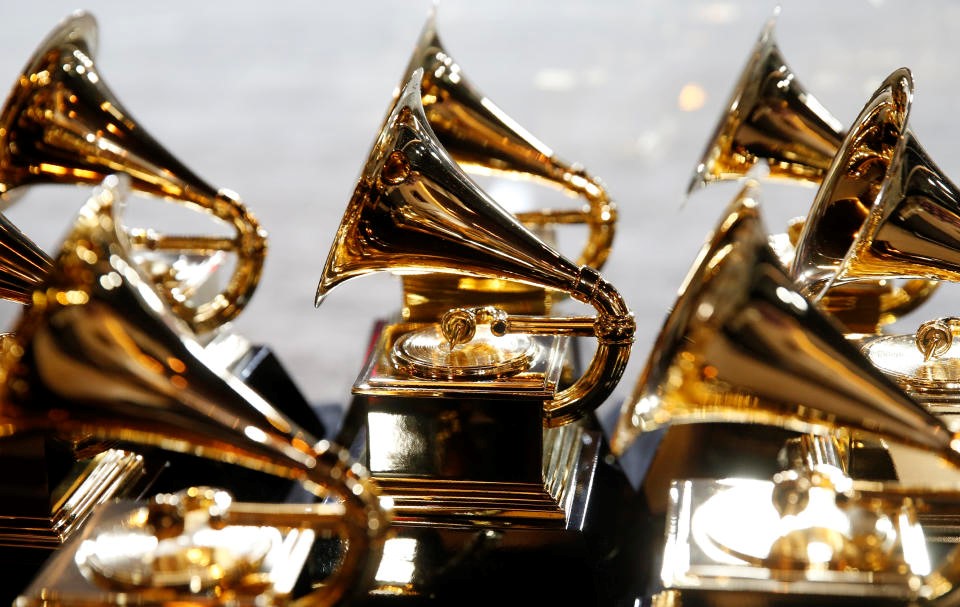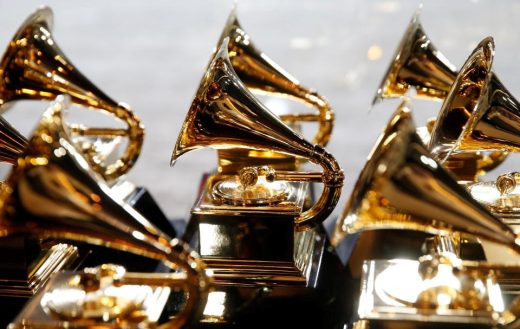The AI-generated fake Drake and The Weeknd track is ‘not eligible’ for a Grammy
The Grammys will consider that viral song with Drake and The Weeknd AI vocals for awards after all
‘Heart on my Sleeve’ may be eligible for songwriting honors.

The person behind an AI-generated song that went viral earlier this year has submitted the track for Grammy Awards consideration. The Recording Academy has stated that such works aren’t eligible for certain gongs. However, Ghostwriter, the pseudonymous person behind “Heart on My Sleeve,” has submitted the track in the best rap song and song of the year categories, according to Variety. Both of those are songwriting honors. The Academy has suggested it’s open to rewarding tracks that are mostly written by a human, even if the actual recording is largely AI-generated.
Ghostwriter composed the song’s lyrics rather than leaving them up to, say, ChatGPT. But rather than sing or rap those words, they employed a generative AI model to mimic the vocals of Drake and The Weeknd, which helped the song to pick up buzz. The artists’ label Universal Music Group wasn’t happy about that and it filed copyright claims to remove “Heart on My Sleeve” from streaming services. Before that, though, the track racked up hundreds of thousands of listens on Spotify and more than 15 million on TikTok.
Over the last few months, Ghostwriter and their team have been making overtures to industry bigwigs such as Academy higher ups, according to The New York Times. As it turns out, Ghostwriter may actually have a shot at picking up a Grammy. “As far as the creative side, it’s absolutely eligible because it was written by a human,” Academy CEO Harvey Mason Jr. told the Times.
It seems there’s one major roadblock as things stand, though. For a song to be eligible for a Grammy, it needs to have “general distribution” across the US through the likes of brick-and-mortar stores, online retailers and streaming services. Ghostwriter is reportedly aware of this restriction, but it’s unclear how they plan to address that.
In any case, this may well be a canary in the coal mine for rewarding the use of generative AI in art. Many creatives are concerned over the issue. Some have accused the operators of generative AI systems of using copyrighted work to train their language learning models, while a major sticking point in the ongoing actors’ strike is whether performers will be compensated fairly for the use of their digital likenesses. Whether the output of generative AI models can be considered truly original work is a contentious topic as well.
(8)



